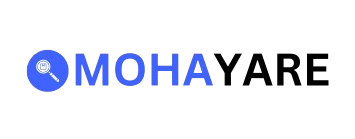Being a recording recording studio owner means you have to merge your creativity with a good amount of business responsibility. Your microphones, mixers, software, and the studio itself all come at a cost. Without the proper insurance, one accident could stop you dead in your tracks and cost you thousands of dollars. This guide covers the important types of insurance that protect your studio while also discussing the latest developments in the U.S. market.
1. General Liability Insurance
This coverage covers injuries or damage to property that occurs at your studio. For example, if a client trips on a cable and gets injured, general liability insurance would cover the cost of their medical bills and your legal costs.
2. Property & Equipment Insurance
Your gear is the lifeblood of your business. Having property and equipment insurance allows you to repair or replace your items if they are stolen or damaged or damaged or destroyed caused by events like fire or flooding. It is best to have “replacement cost” coverage, rather than “actual cash value” coverage, as this will give you the money to purchase new gear instead of recovering just its value at the time of damage.
3. Business Interruption Insurance
If you’re forced to close temporarily due to a disaster, business interruption coverage will help replace your lost income or ongoing payments including rent and wages for employees until you recover and are back producing recordings.
4. Professional Liability (Errors & Omissions)
If something goes wrong with a project — like a client alleges you lost recordings or you delivered audio that was unusable for poor quality reasons — this policy can cover your legal fees and any settlements.
5. Cyber Liability Insurance
Since studios are increasingly relying on digital means, they are vulnerable to hacking and data loss. Cyber coverage protects you against expenses incurred from breaches in your own systems’ security.
6. Workers’ Compensation
If you have employees, most states require workers’ compensation insurance. Workers’ Compensation pays medical expenses and lost wages if an employee is injured while working, such as damages from using studio equipment or hearing loss.
7. Commercial, or Non-Owned, Auto Insurance
If you or your team may be moving gear that is work-related, Commercial or Non-Owned Auto Insurance provides loss or damage insurance coverage for when you use your vehicle for business purposes.
8. Business Owner’s Policy (BOP)
A BOP can be a very cost-effective benefit that bundles general liability, property and business interruption together.
💡 Real-World Insights
Some studio owners in the U.S. may pay around $1,100 per year to insure their property worth $100K through specialty insurers such as Music Pro Insurance.
Standard renters or homeowners policies often do not cover property used for commercial purposes (i.e., professional gear). You will have to get Business packages or specialty insurance to coverage, usually at a premium.
Take a complete inventory of your gear – such as a list with photos, serial numbers and receipts to make your claims process simpler.
📌 Selecting the Right Policy
1. Determine your risks – Identify your equipment, services and risks.
2. Find insurers who know the music business – They will understand your unique needs and gear value.
3. Understand exclusions – Some policies will exclude floods, general and wear and tear, and vintage gear unless added.
4. Compare quotes – Don’t just compare prices, make sure you are comparing coverage limits and what is included.
Final Thoughts
Regardless if you are operating a home studio or full commercial space, insurance is smart investment that will help your creative outlook keep turning – even when unplanned challenges arise. With the right coverage you can concentrate on what really matters, making music!

